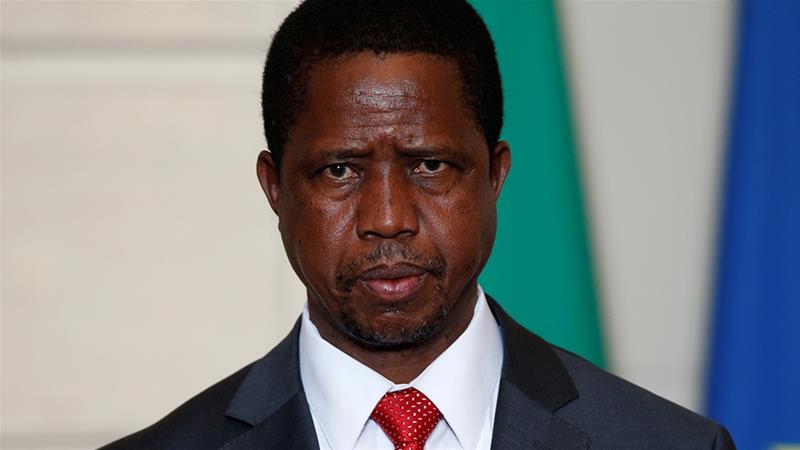
Zambia’s state power firm Zesco on Friday said it will increase the price of electricity by an average 113 percent for all customers beginning next month as the African nation seeks to attract investment into power generation, according to the country’s energy regulator.
Zambia’s Energy Regulation Board said it had allowed Zesco to increase electricity tariffs by more than 200 percent for residential customers consuming the least amount of power.

Ordered pay cut-Lungu
The energy regulator on Thursday also increased the price of fuel, citing the depreciation of the kwacha, Zambia’s official currency, and higher crude oil prices, sparking a public outcry against the decisions.
State House spokesman Isaac Chipampe said in a statement on Friday that President Edgar Lungu had ordered a reduction in his salary and that of his cabinet by between 15 percent and 20 percent from next month.
Lungu has also ordered a reduction in salaries for all non-unionised government officers, including those working in state-owned companies, Chipampe said.
“The money realised from this decision will go towards ameliorating the impact that the increase would have brought on the masses,” the statement said, citing Lungu.
Zambia’s electricity supply shortage increased to 810 megawatts (MW) in November from around 750MW in September, state power firm Zesco said on December 12, adding it would quickly commission new power plants to plug the gap.
The new measure will not affect global mining firms including First Quantum Minerals, Glencore, Barrick Gold Corp, and Vedanta Resources which pay a flat tariff of 9.30 US cents/kilowatt-hour.
The price of electricity for many categories of commercial customers would nearly double, the energy regulator said, adding that Zesco needed revenue to cover its operating costs.
“Zesco is facing serious financial problems with regard to its profitability, liquidity, solvency, and efficiency,” it said.
Africa’s second-biggest copper producer has seen electricity supply dwindle due to low water levels at hydropower dams as a severe drought sweeps through Southern Africa due to climate change.
In September, Zambia said it would import 300MW of power from South Africa’s Eskom, which itself is struggling with generation problems and has been implementing power cuts.
Source: The Daily Times- December 31, 2019
